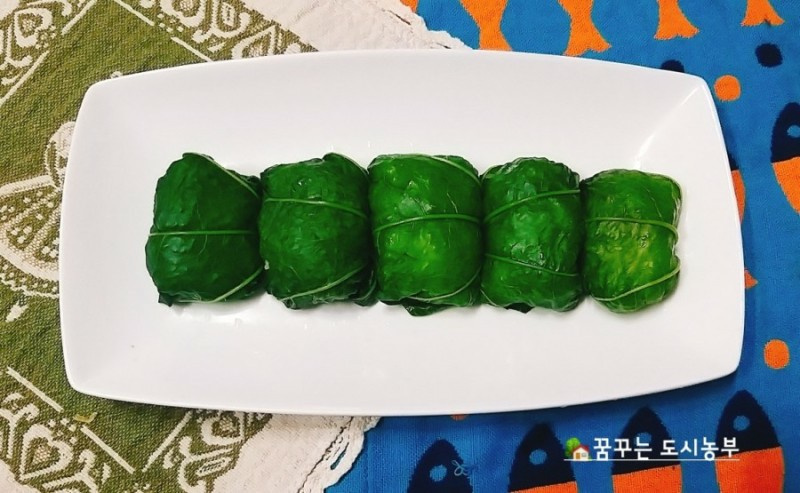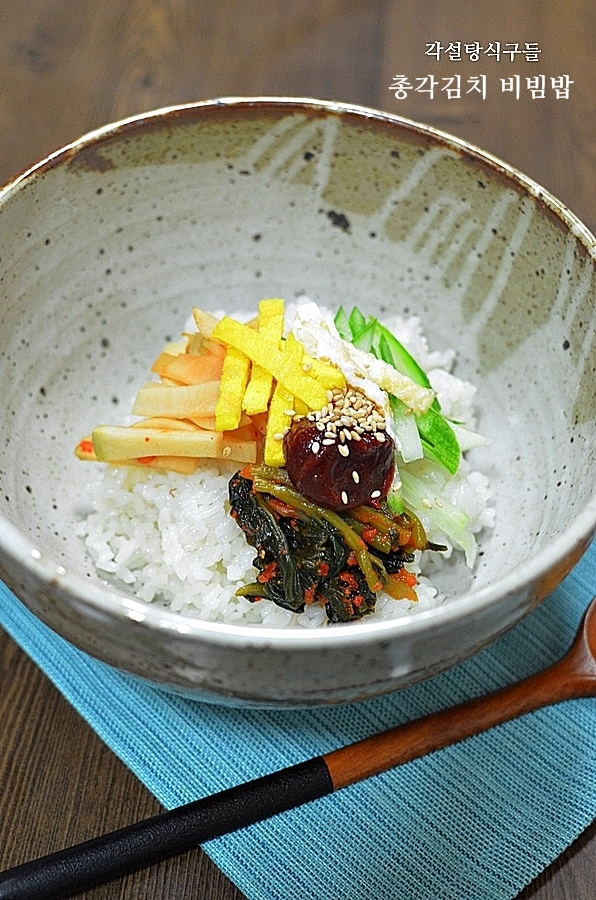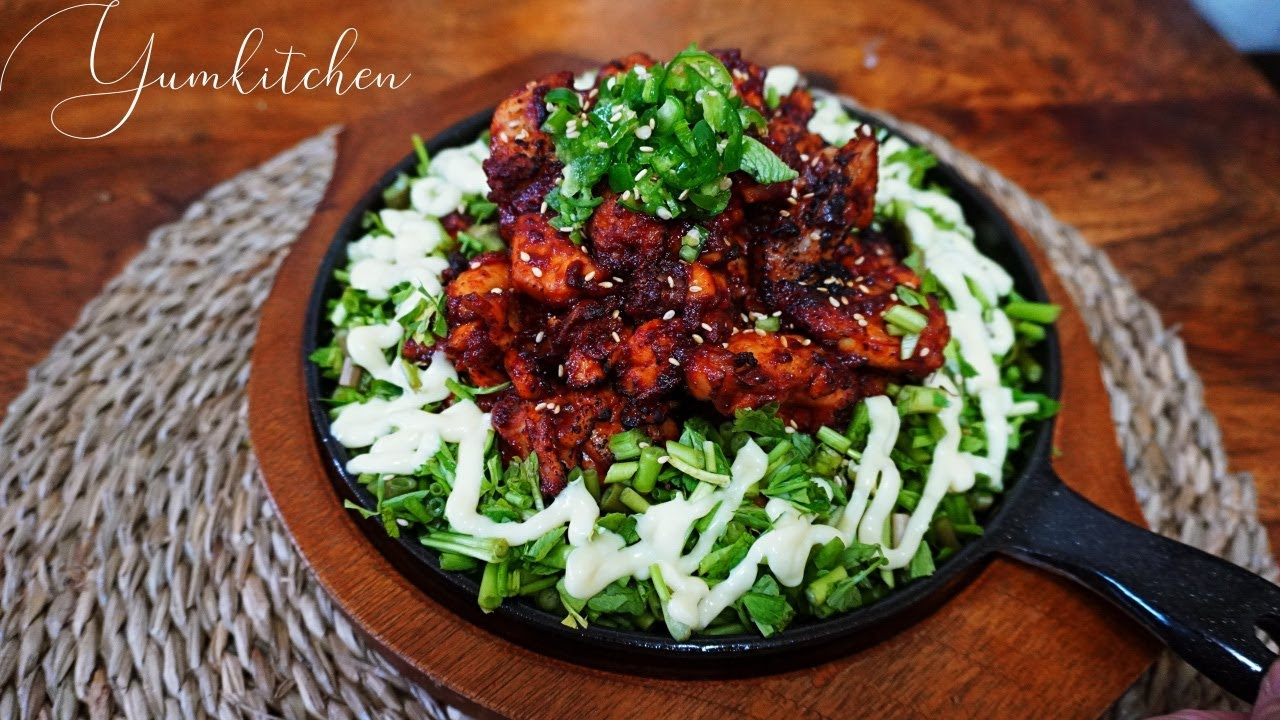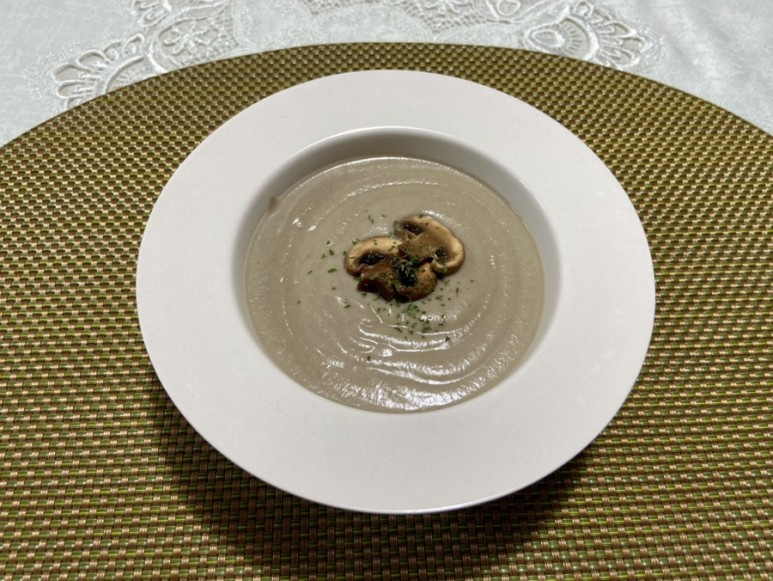Fragrant Malva Leaf Ssambap
Healthy Ssambap with Chewy Malva Leaves

Discover a unique ssam-bap (rice wrap) experience by using malva leaves, which are typically enjoyed in soups. The subtle aroma and tender texture of the malva leaves, combined with the seasoned rice, create a healthy and delicious meal. This dish is particularly appealing for its simplicity and its ability to offer a unique culinary delight.
Main Ingredients- 1 bunch fresh Malva leaves (leaves only)
- Warm cooked rice
- 1 Tbsp Vinegar
- Sesame seeds
- Sesame oil
Ssamjang Sauce- 2 Tbsp Doenjang (Korean soybean paste)
- 1 Tbsp Gochujang (Korean chili paste)
- 1 Tbsp Minced garlic
- 1/2 Onion (finely minced)
- 1 Cheongyang chili pepper (seeds removed and finely minced)
- A small amount of Carrot (finely minced)
- Sesame seeds
- Sesame oil
- 2 Tbsp Doenjang (Korean soybean paste)
- 1 Tbsp Gochujang (Korean chili paste)
- 1 Tbsp Minced garlic
- 1/2 Onion (finely minced)
- 1 Cheongyang chili pepper (seeds removed and finely minced)
- A small amount of Carrot (finely minced)
- Sesame seeds
- Sesame oil
Cooking Instructions
Step 1
Carefully remove the stems from the malva leaves, keeping only the tender leaves. Prepare them for use.

Step 2
Rinse the malva leaves thoroughly under running water several times to remove any dirt or debris. Wash them gently to avoid damaging the leaves.

Step 3
Bring a pot of water to a boil. Once boiling, add about 1/2 Tbsp of salt. The salt helps to maintain the vibrant green color of the malva leaves and removes any unwanted odors.

Step 4
Briefly blanch the prepared malva leaves in the boiling water for about 10-20 seconds. They should wilt and turn a bright green. Be careful not to overcook, as they can become mushy.

Step 5
Immediately transfer the blanched malva leaves to cold water to stop the cooking process and cool them down. This step helps to retain their crisp texture.

Step 6
Gently squeeze out as much excess water as possible from the malva leaves using your hands. Thoroughly draining them will prevent the ssam-bap from becoming watery.

Step 7
Arrange the drained malva leaves, one by one, on a plate or tray. Lay them out neatly, creating a base for the rice wraps.

Step 8
In a bowl, combine the ssamjang ingredients: 2 Tbsp doenjang, 1 Tbsp gochujang, and 1 Tbsp minced garlic. Add the finely minced onion, finely minced cheongyang chili pepper (with seeds removed), and finely minced carrot. Finally, add sesame seeds and a drizzle of sesame oil. Mix everything thoroughly until well combined. Avoid overmixing to keep some texture from the vegetables.

Step 9
Your delicious and flavorful ssamjang is now ready! The combination of fresh vegetables, savory doenjang, and spicy gochujang will enhance the overall taste of the ssam-bap.

Step 10
In a separate bowl, mix the warm rice with 1 Tbsp of vinegar, a little sesame oil, and sesame seeds. The vinegar adds a subtle tang that balances richness, while sesame oil and seeds provide a nutty aroma.

Step 11
Place a portion of the seasoned rice onto each malva leaf. Shape the rice into a neat mound on top of the leaf. You can adjust the amount of rice according to your preference.

Step 12
Top the rice with a spoonful of the prepared ssamjang. Add it to your taste, as too much can be salty. It’s best to taste and adjust as you go.

Step 13
To form the ssam-bap, neatly fold the right side of the malva leaf inward, covering the rice.

Step 14
Next, fold the left side of the malva leaf inward, also wrapping around the rice.

Step 15
Finally, fold the bottom edge of the malva leaf upward to secure the rice and prevent it from falling out.

Step 16
Fold the top edge of the malva leaf down to complete the wrap. Gently press the entire ssam-bap to shape it neatly and ensure it holds together.

Step 17
Arrange your beautifully crafted malva leaf ssam-bap attractively on a serving dish. Enjoy this healthy and delicious dish featuring fresh greens, flavorful ssamjang, and fragrant rice!




